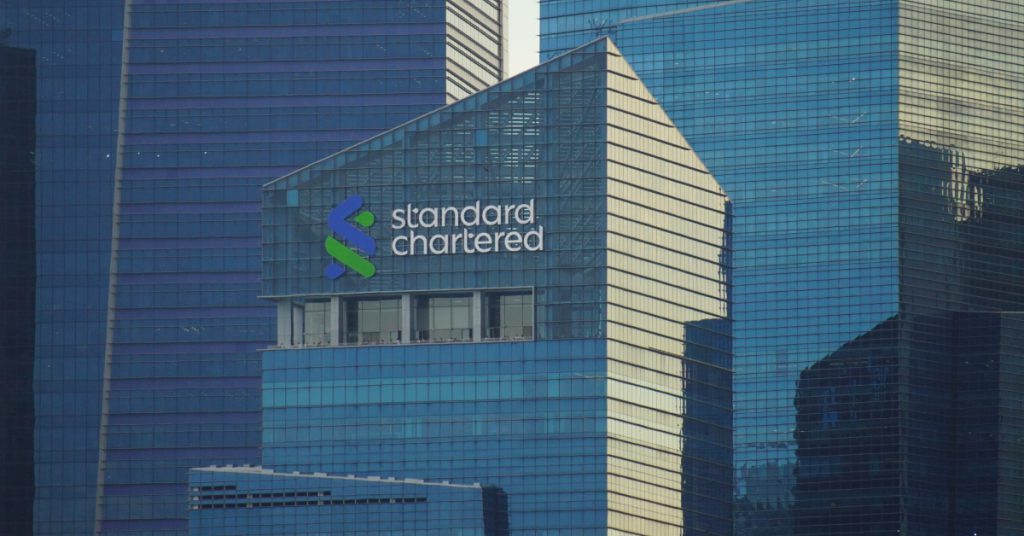UK supermarket giant Tesco recently announced that it has agreed a $10.6bn sale of its Thai and Malaysian operations to Thai conglomerate Charoen Pokphand (CP Group), with over $5 billion of the proceeds going directly to shareholders in a payout.
Why is Tesco Selling its Thai and Malaysian Operations?
Tesco’s move to sell its Thai and Malaysian operations signifies a stark change in the supermarket’s core business strategy. The UK’s largest supermarket chain had previously focused on international expansion. However, the sale of 1,967 stores in Thailand and 74 in Malaysia means that the supermarket operator will no longer have any presence in Asia.
Dave Lewis, Tesco’s Chief Executive announced that the sale “releases material value and allows [Tesco] to further simplify and focus the business,” also pointing to the positive that this would allow them to present shareholders with “significant value”.
What Does This Mean for Investors?
With over $5bn returned to investors via a special dividend, the move was widely applauded by Tesco shareholders and investors. These people stand to make a substantial profit, which is believed to be around 51p per share.
Similarly, the move was a positive for CFD traders speculating on the shares market. As CFD trading doesn’t require underlying assets to be bought or sold, it’s a form of trading that’s popular with individuals who want to speculate on the price of an asset either going up or down. Following the announcement of the sale, Tesco’s share price remained relatively flat, but this made the share one of the best performers on the FTSE100, which tumbled 7% overall.
What Impact Will This Have on the Industry in General?

Source: Pexels
The sale of its Malaysian and Thai operations marks the definitive end of Tesco’s operations in Asia after the company also sold its £275m stake in Gain Land earlier in the year. Now, the supermarket giant will focus on operations in the UK, Ireland, and Central Europe.
But, the outlook for Southeast Asia’s food and beverage industry remains incredibly strong, which is making investors bullish. This is particularly the case when we consider the strength of the Tesco stores. When we look closely, we see that this was not a sale made out of necessity; particularly because the latest accounts show us that Tesco’s Southeast Asian stores made a profit of £286m in 2019, which accounted for a fifth of Tesco’s total global profits.
In addition, in the industry in general, the latest research from L.E.K. Consulting shows that thanks to the increasing penetration of modern retailing, we’ve also seen double-digit growth in a number of food and beverage categories across the region. This means that corporate and investor interest in South East Asia’s food and beverage market is now more intense than ever. Added to this, consumer demand in the region is also being driven higher by factors such as the growing population, rising income levels, and evolving tastes. All of these mean that the Southeast Asian food and beverage market is full of unique and lucrative opportunities that should be around for at least the medium term.
In conclusion, the Southeast Asian food and beverage market is an incredibly popular investor choice at present, and may only be more appealing in the coming months in spite of Tesco’s decision to withdraw from the market. Although private conglomerates are benefitting (such as Charoen Pokphand in the case of Tesco), individual investors such as Tesco shareholders and CFD traders are also able to benefit.












